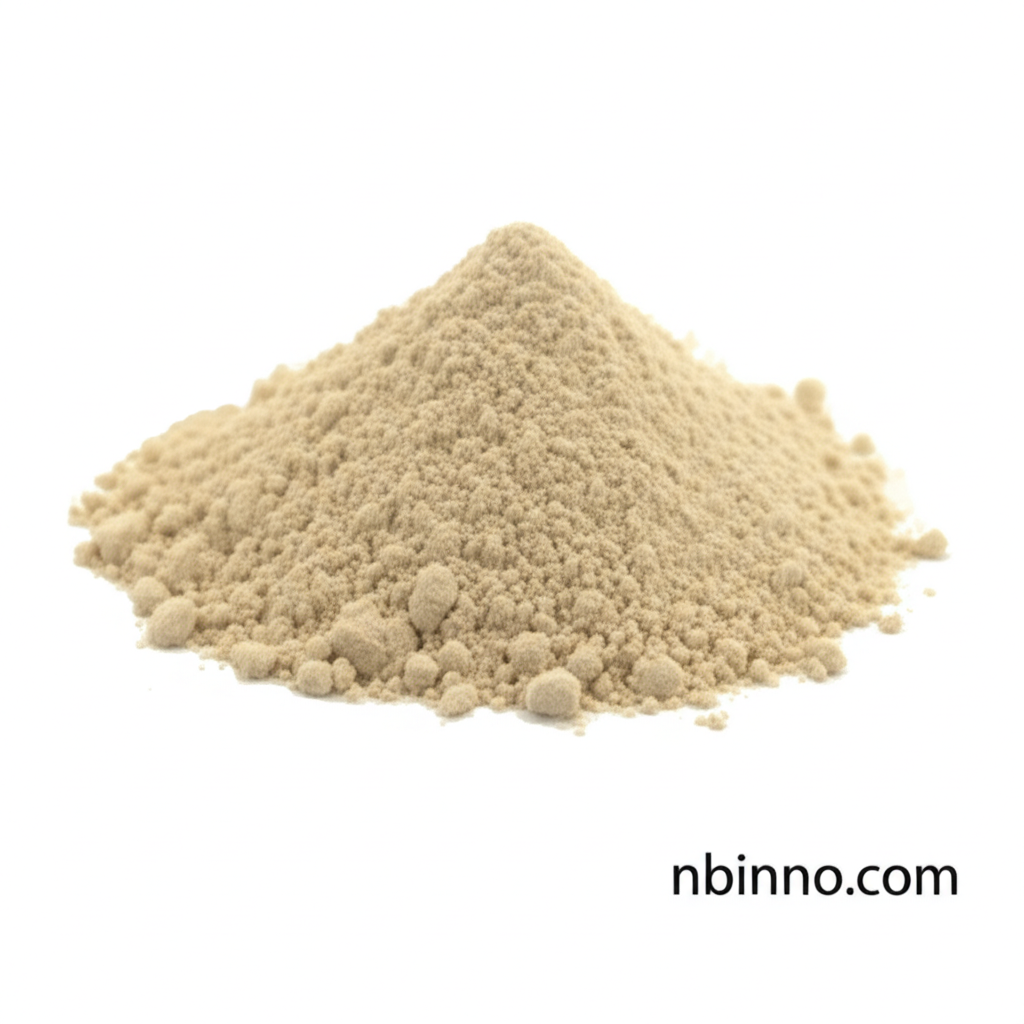Disodium 5-Bromo-4-chloro-1H-indol-3-yl Phosphate: A Key Chromogenic Substrate for Alkaline Phosphatase
Unlock precise biochemical detection with our high-purity chromogenic substrate for alkaline phosphatase.
Get a Quote & SampleProduct Core Value

Disodium 5-bromo-4-chloro-1H-indol-3-yl Phosphate
This compound is a vital biochemical reagent primarily recognized for its role as a chromogenic substrate for alkaline phosphatase. Its enzymatic reaction leads to a distinct color change, enabling highly sensitive detection in various biological applications. This makes it an indispensable tool for researchers in molecular biology and diagnostics.
- Discover the utility of a high-purity chromogenic substrate for alkaline phosphatase, essential for accurate biochemical detection.
- Leverage the power of BCIP/NBT systems for sensitive Western blotting and other molecular biology assays.
- Enhance your research with a reliable reagent for in situ hybridization and immunohistochemistry applications.
- Utilize the specific colorimetric detection of alkaline phosphatase-labeled molecules to advance your scientific investigations.
Key Advantages
Enables Precise Detection
The ability to perform colorimetric detection of alkaline phosphatase-labeled molecules ensures unambiguous results in your assays.
Versatile Application Range
From Northern blotting to immunohistochemistry, this substrate system proves versatile across multiple life science techniques.
High Purity and Reliability
Our product offers a purity of 98% min, guaranteeing reliable and reproducible outcomes in your experiments.
Key Applications
Alkaline Phosphatase Assays
As a chromogenic substrate, it is fundamental for assays that detect alkaline phosphatase activity, crucial for many diagnostic tests.
Western Blotting
Integral to the BCIP/NBT substrate system, it facilitates the visualization of target proteins in Western blotting, aiding in antibody-based detection.
Immunohistochemistry (IHC)
The compound is widely used in IHC for the staining of tissues, allowing for the localization of specific antigens with high sensitivity.
In Situ Hybridization (ISH)
Supports ISH techniques by providing a colorimetric signal for detecting specific nucleic acid sequences within cells or tissues.
